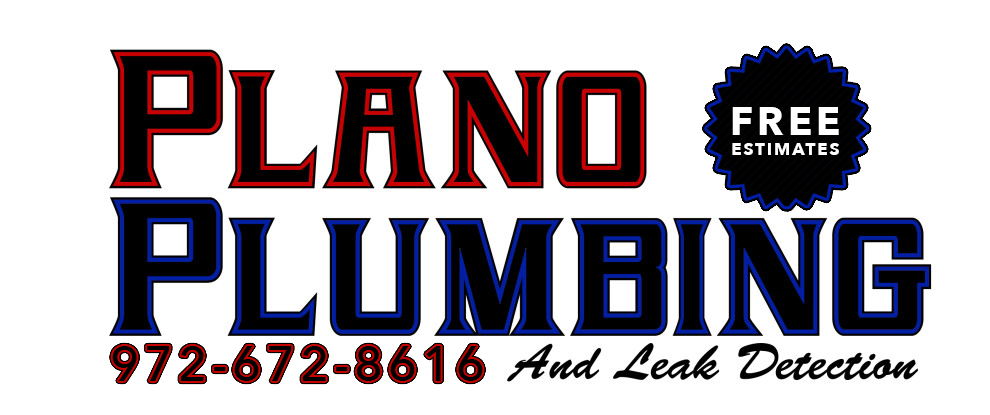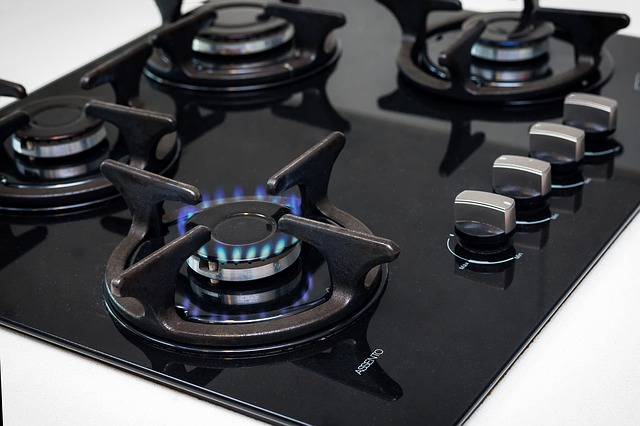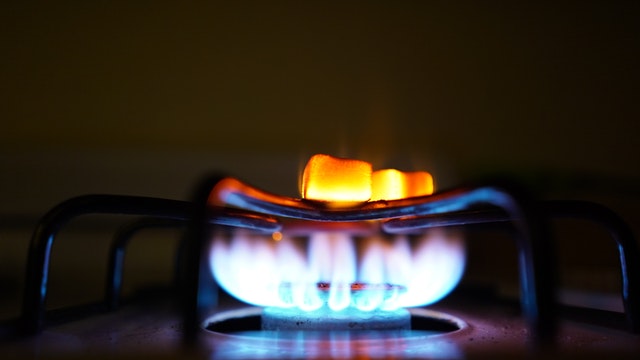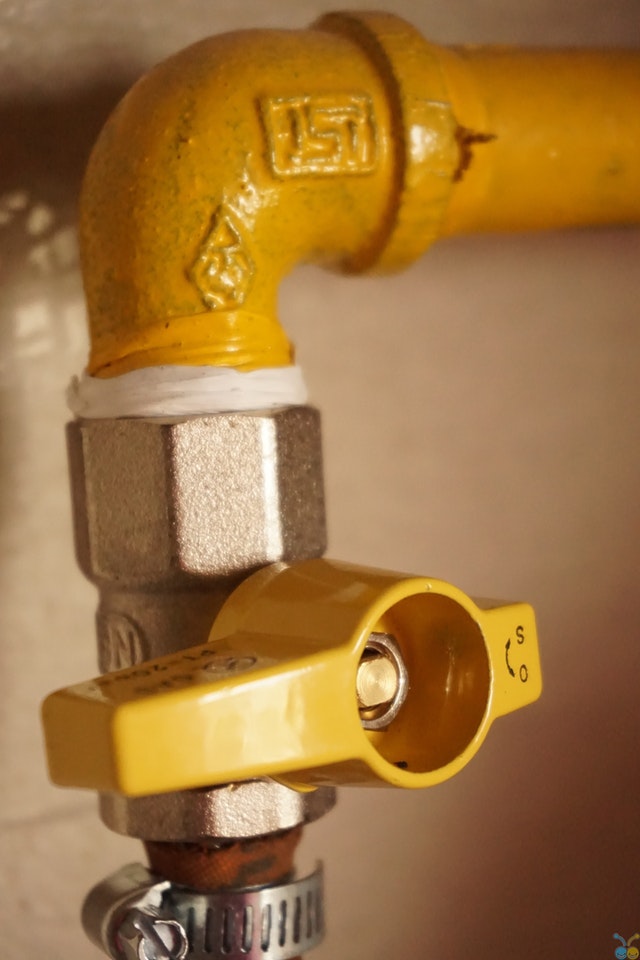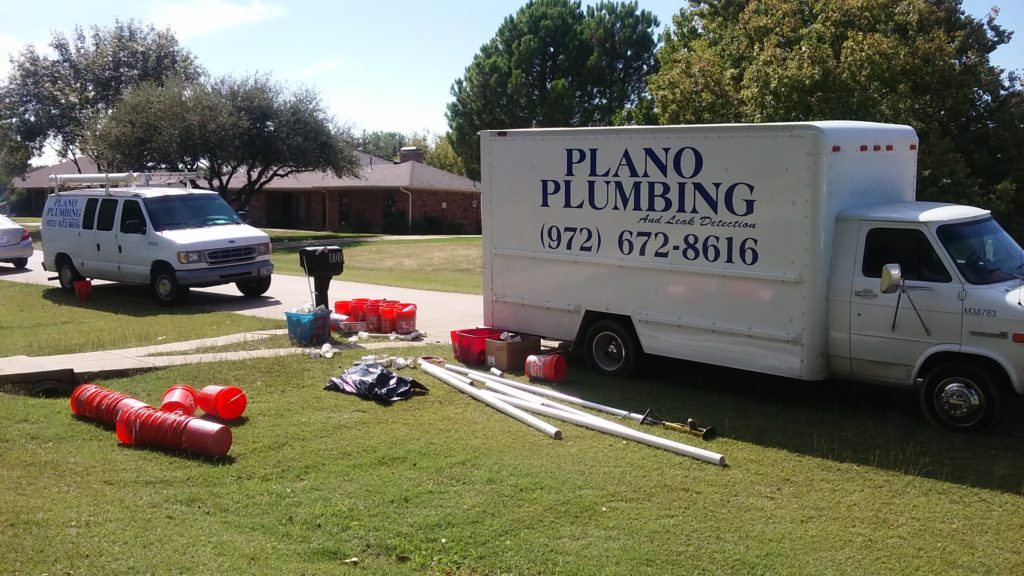If you live in a home that requires a natural gas connection for your stove, water heater, HVAC, and other appliances or systems, you may have had some concerns about a potential gas leak.
While using natural gas for intended everyday purposes is safe, a leak can put your home at risk for fire and even an explosion. That’s why leak detection should be an important part of every home safety plan.
Here are 4 ways to determine whether you have a gas leak in your home:
1. You Smell Gas
While natural gas is typically odorless, your utility company adds a naturally-occurring substance to it called mercaptan. You can’t see it or even know it’s there, but there is no mistaking the scent.
Many people describe it as smelling like rotting eggs or cabbage, or it may even smell like sewage. If your home develops such an unpleasant odor even the faintest hint of it, it may be time to call a leak detection plumber.
2. You Hear Gas
Hearing a hissing sound in your home, especially near your gas lines or the gas-powered appliance, is also a pretty sure sign you have a leak.
If the appliance is in use, turn it off immediately and get out of the house until someone can come handle the leak repair.
3. You See Signs of Gas
Natural gas by itself is usually invisible, but there are some visual signs to watch out for. Outdoors, you may see a patch of dead grass or other types of plants in an area where there is a potential leak.
Other plants around it will be healthy. You could also see a mist or fog in the area of the leak. Another sign to look out for is a tiny breeze in your home or yard, even when no fan is running or it’s not windy outside.
Your plants, curtains, and other objects may blow gently due to an invisible source.
4. Bubbles
If you have wet areas in or outside your home for whatever reason, bubbles in that water could indicate a gas leak.
As a matter of fact, some people try their own gas leak detection tests by mixing water and a small amount of dish detergent in a bucket, soaking a sponge or cloth in the mixture, and rubbing it on the line where they suspect a leak.
Do not do this if you are not a professional. If bubbles form over the gas leak location, it’s usually a sign that there is indeed a leak.
What To Do When You Have A Gas Leak
Again, a gas leak can lead to a fire or explosion. Even a slow leak that you don’t detect right away can cause symptoms like:
- Nausea
- Fatigue
- Dizziness
- Headaches
- Trouble Breathing
Basically, it’s poisoning you and anyone else, including pets, living in your home slowly. If you discover a leak, you’ll need to address it as soon as possible.
- Start by opening some doors and windows to air out your home.
- Leave your home immediately, taking all of your family members, including pets, with you.
- Do not try to fix the leak yourself or turn off the gas.
Avoid using any type of electricity, starting your car, or anything that involves an open flame such as lighting a cigarette, as even the slightest spark can lead to a dangerous explosion.
Call your local gas company or fire department once you’re safely out of the home.
Repairing A Gas Leak
If you see, smell, or hear signs of a gas leak, never try to find the location of it on your own. More importantly, do not attempt to fix it on your own.
Once you’re out of your house your local gas company or fire department can come take a look and determine the next steps to resolving the issue. Anything else puts you and your family at risk for illness, injury, and even death.
A professional leak detection plumber can also come to your home and determine if you have a leak, where it’s located, and what’s needed to fix it.
If you’re in the Plano, North Dallas, Allen, McKinney, or Frisco, Texas areas and in need of gas leak repair services, call Plano Plumbers and Leak Detection at 972-672-8616 today.
